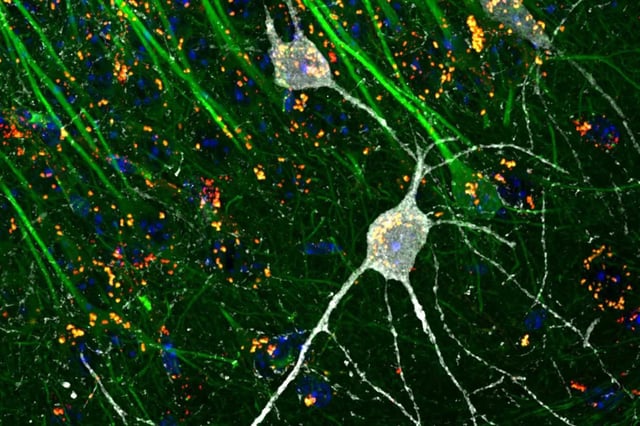Overview
- Recent findings show that mitophagy, the recycling of damaged mitochondria, varies across brain regions and cell types with age.
- The study highlights midlife as a critical period for maintaining brain function and preventing neurodegenerative diseases.
- Researchers observed that lysosomes, which break down cellular waste, lose acidity as the brain ages, a change linked to Alzheimer's disease.
- Contrary to previous beliefs, mitophagy does not universally decline with age but is more dynamic in longer-lived mammals.
- Advanced imaging and genetic tools were used to track these processes, providing insights for developing new therapies for brain diseases.

